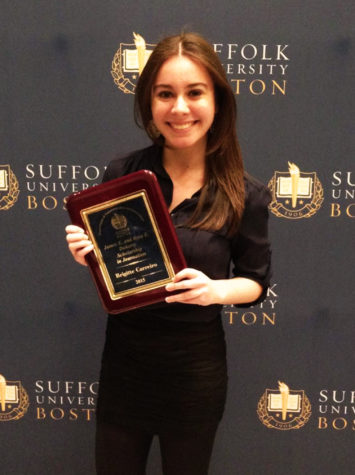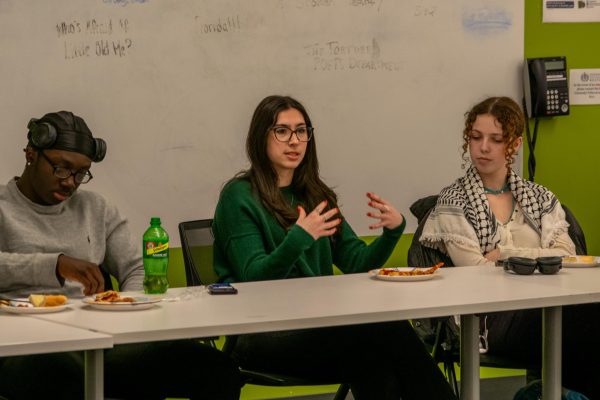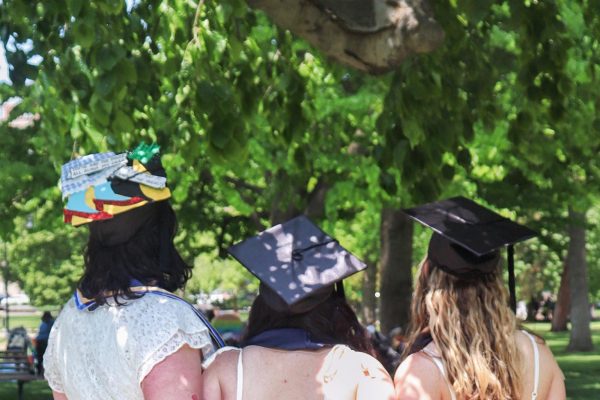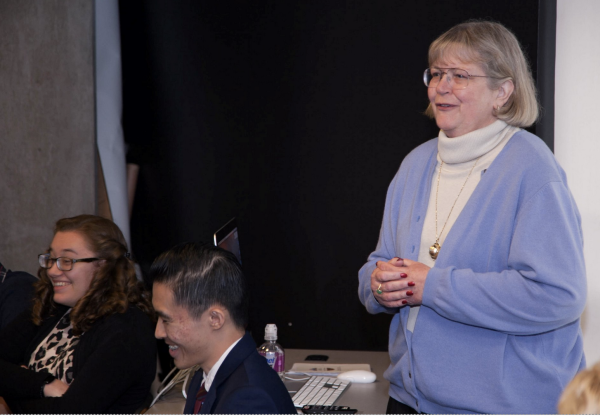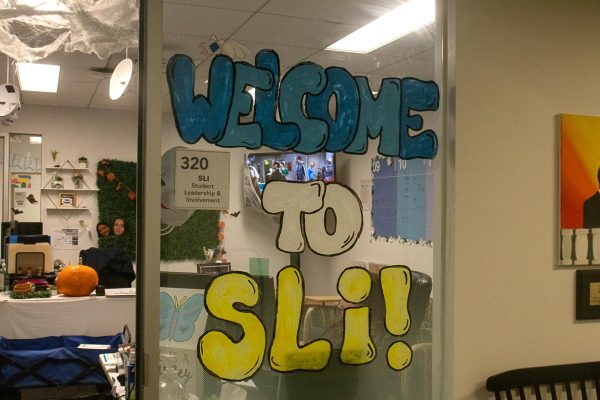Not up to standards
Severed ties between university, Beacon Hill think tank
December 2, 2015
The Beacon Hill Institute, once recognized by Suffolk with an honorary degree given to its founder and political activist Ray Shamie, has split from the university after years of controversy.
In an interview with the Journal, David Tuerck, director of the institute and an economics professor at Suffolk, maintained that the institute severed ties due to the university’s recent fundraising restrictions and denied proposals, amongst other reasons. Tuerck said Suffolk’s reasoning for these restrictions comes from a misreading of its academic standards, and he launched a scathing attack against the university’s administration, directed particularly at President Margaret McKenna.
“What’s going on now is worrisome and incomprehensible,” said Tuerck. “If the president is saying that times are tough and we have to cut back, well it might not be a good idea to drive away a guy who has connections.”
The facility, which employs Suffolk interns, isn’t going away, according to Tuerck, despite his strong opinions that the university’s actions have limited student exposure to different perspectives and claims “diversity has been damaged by the expulsion of the BHI from Suffolk.”
In a statement released to the Journal, McKenna did not directly address Tuerck’s charges, but said the university encourages a wide range of perspectives. “Suffolk is welcoming to all views, philosophies, ideologies and politics,” she stated, adding that the only way to educate students is “by exposing them to the broadest possible range of perspectives, values and ideas. We are fully
committed to that.”
After appealing to administration about the disagreements, Tuerck was unable to connect directly with McKenna, leading him to a resignation that the only solution was to part ways.
Communicating solely with Provost Marisa Kelly after a brief e-mail exchange with McKenna, Tuerck remains uneasy.
“I have to imagine that [McKenna] doesn’t particularly care much. If it were important to her, she would have talked to me long before,” he said.
McKenna could not be reached directly for a comment, but Tuerck reported a meeting between the two will take place early next week regarding the next steps and several recent news reports surrounding the split.
“Right now, the official reason for this meeting is to discuss the nature of our transition out of Suffolk,” said Tuerck. The institute is slated to leave Suffolk officially by December 2016 after tax modeling jobs on the national tax policy contracts are complete.
The Beacon Hill Institute receives funding from private donors, including the Koch Foundation.
In recent years, the institute has drawn criticism from some of its types of research and funding sources, putting their academic integrity into question.
Alumna Kalin Jordan, founder of UnKoch My Campus, who had worked to oppose the involvement of the Koch Foundation at Suffolk, said this week that she believes the split is “a good move for both the institute and university.”
The Journal reported two years ago that the institute had raised nearly a million dollars from 2006 to 2011 from the foundation.
Jordan, however, referenced Suffolk’s academic standards, ultimately agreeing with the university’s claim that the standards weren’t being met by the institute.
Tuerck told the Journal that the standards the university is referencing are unclear, and that the assertion that the institute does not meet them is unfair.
“It’s ludicrous to suggest that our work isn’t sophisticated enough,” he said. “How do we not meet these standards but everybody else does? What is everybody else doing to meet standards just fine, but our work does not?”
Many professors and scholars work with the Beacon Hill Institute, a factor that Tuerck said attributed to the facility’s initial credibility.
“It seems to me that it would be difficult to say people involved in this project don’t qualify for academic integrity,” he said.
Rejecting the university’s assertion that financial deficits were the reason for the split, in the upcoming months Tuerck plans to partner with a new company and assemble a board of trustees to raise money.
The university remains committed to academic freedom, the intellectual exchange of ideas and the development of knowledge, which can only be achieved when academic integrity is present, according to their website.
“Margaret McKenna is not responsible for this, she’s just responsible for this latest episode,” Tuerck said.



